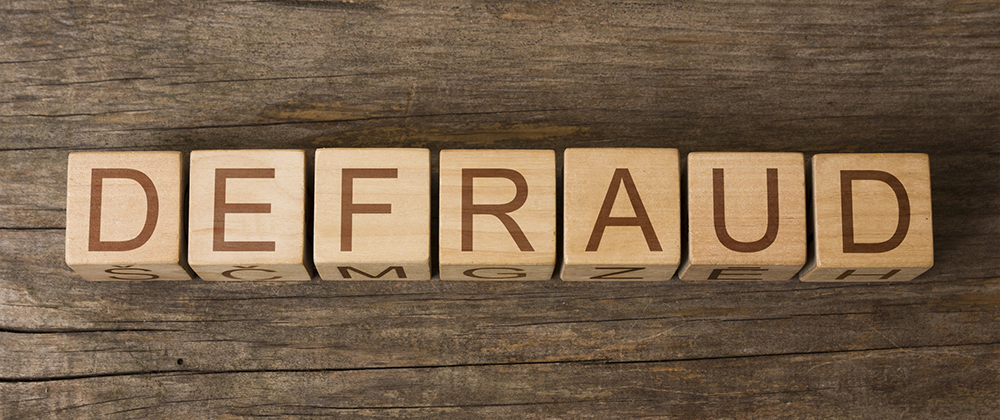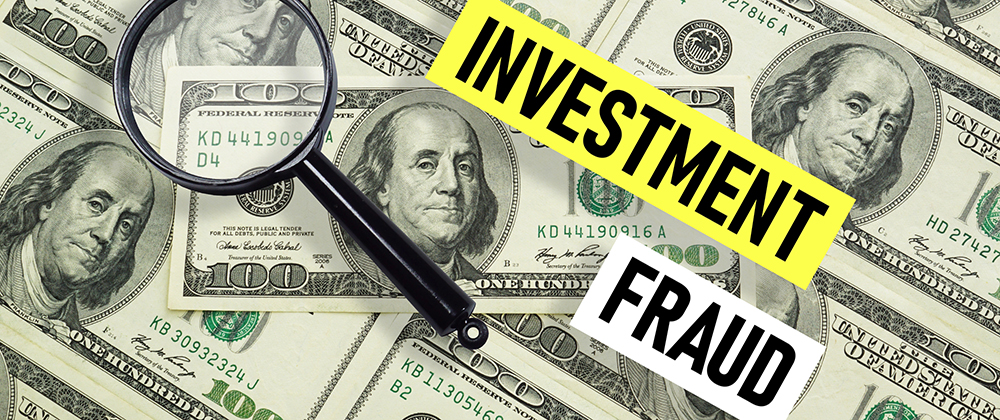The Securities and Exchange Commission (SEC) recently obtained an unopposed final judgment against defendant Vladislav Kliushin (a/k/a Vladislav Klyushin) for his participation in a fraudulent hack-to-trade scheme.
The SEC’s complaint, filed in the U.S. District Court for the District of Massachusetts, charged Kliushin with violating the antifraud provisions of Section 17(a) of the Securities Act of 1933, Section 10(b) of the Securities Exchange Act of 1934, and Rule 10b-5 thereunder, both directly and through or by the means of his co-defendant in violation of Exchange Act Section 20(b), as well as by aiding and abetting his co-defendant’s violations.
The SEC enforcement action alleged that Kliushin and four other defendants engaged in a multi-year fraudulent scheme to profit by trading on material nonpublic pre-release earnings announcements of public companies that defendants deceptively obtained by hacking into the systems of two U.S.-based filing agent companies that assist publicly traded companies with preparing and filing reports with the SEC. Kliushin and other defendants collectively realized at least $82.5 million in illicit profits.
Defendant was charged and convicted by a jury in a parallel criminal case for securities fraud and other charges for the same unlawful conduct alleged in the SEC’s complaint. Following his conviction, the President of the United States issued Kliushin an Executive Grant of Clemency, commuting Kliushin’s nine-year term of imprisonment to time served, and Kliushin was released from custody as part of a prisoner exchange among several countries. The Executive Grant of Clemency did not otherwise impact the conviction or orders of forfeiture and restitution in the criminal case.
The Court’s summary judgment for the SEC provides for permanent injunctive relief against future violations of the charged securities laws, for disgorgement of his ill-gotten gains resulting from the conduct alleged in the Commission’s complaint, plus prejudgment interest, which shall be deemed satisfied by payment on the orders of forfeiture and restitution in the parallel criminal case.
The underlying conduct and charges in the Criminal Action are the same as alleged in the SEC’s complaint and the material facts and issues in the Criminal Action were litigated and determined and incorporated into a valid and binding judgment. Defendant, is therefore, estopped from relitigating the facts and liability in the SEC’s civil action, as well as the facts and issues relating to the forfeiture and restitution orders entered in the Criminal Action.
Nationally respected SEC defense attorney David Chase, of the Law Firm of David R. Chase, has successfully represented individuals in SEC investigations around the nation for more than two-and-a half decades, having previously worked in the SEC’s Division of Enforcement in the capacity as Senior Counsel. If you are under SEC or FINRA investigation or just received a SEC subpoena anywhere in the country, and require knowledgeable and seasoned legal defense counsel to navigate you through the process and protect your interests, contact David at: 800-760-0912 or e-mail him at: david@davidchaselaw.com. Visit the Firm’s website for valuable content, to read about David’s SEC and FINRA defense background, and to review the firm’s prior successful defense results at: www.securitiesfrauddefense.net.




